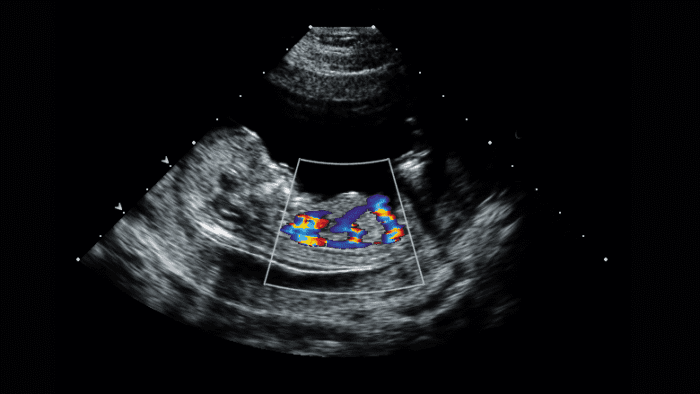About one per cent of newborns are born with congenital heart defects (CHDs), which are the most prevalent birth defects. Thankfully, improvements in perinatal care have made it feasible to identify and treat CHDs early. Consult Dr Tejas Tamhane at Precious Clinic for Advanced Fetal Medicine for Congenital Heart Defects Screening in Pune.
Congenital Heart Defects (CHDs)
Almost 1% of babies worldwide are born with congenital heart defects (CHDs), which are among the most prevalent birth disorders. CHDs are present at birth and can affect the structure of a baby’s heart and the way it works. They can affect how blood flows through the heart and out to the rest of the body.

The severity of these diseases varies greatly; they can be anything from mild problems that might not need medical attention to life-threatening abnormalities. The management of CHDs begins even before birth, with prenatal screening and diagnosis playing a crucial role in guiding subsequent management strategies.
Congenital Heart Defects Screening in Pune
Prenatal care for expectant mothers now includes routine screening for congenital heart defects (CHDs). Using a variety of screening techniques, including fetal echocardiography and ultrasound, fetal medicine specialists can identify anomalies in the developing heart as early as the first trimester. These screening instruments make it possible to find structural flaws, irregular cardiac rhythms, and other cardiac irregularities.

Prenatal screening allows for early detection and gives parents useful information to help them make educated decisions regarding their pregnancy.
Diagnosis of Congenital Heart Defects (CHDs)
A thorough diagnosis is necessary to determine the extent of the abnormality and choose the best course of treatment once a possible CHD has been discovered during prenatal screening.
Modern imaging methods that offer intricate details on the anatomy and physiology of the developing heart include comprehensive fetal echocardiography and sometimes fetal magnetic resonance imaging (MRI). In order to determine whether there are any underlying genetic disorders or chromosomal abnormalities connected to the CHD, genetic testing may also be suggested.
Management:
The nature, severity, and existence of any related problems all influence the management of congenital heart defects (CHDs).
Before birth:
For certain severe CHDs, fetal intervention may be recommended. It’s important to note that not all CHDs are amenable to fetal intervention, and the risks of the procedure itself need to be carefully weighed against the potential benefits.
After birth:
Certain CHDs may need to be treated right away after birth, but others can be treated conservatively with close observation and supportive care.
Conclusion
Navigating the journey of congenital heart defects, from prenatal screening to management, can be challenging for families. However, early detection, accurate diagnosis, and tailored management strategies offer hope and promise for better outcomes.
Congenital Heart Defects Screening in Pune
Looking for congenital heart defects screening in Pune? Consult Dr Tejas Tamhane, a well-known Fetal Medicine Expert in Pune, who can help you with the screening, diagnosis and management of CHDs.

